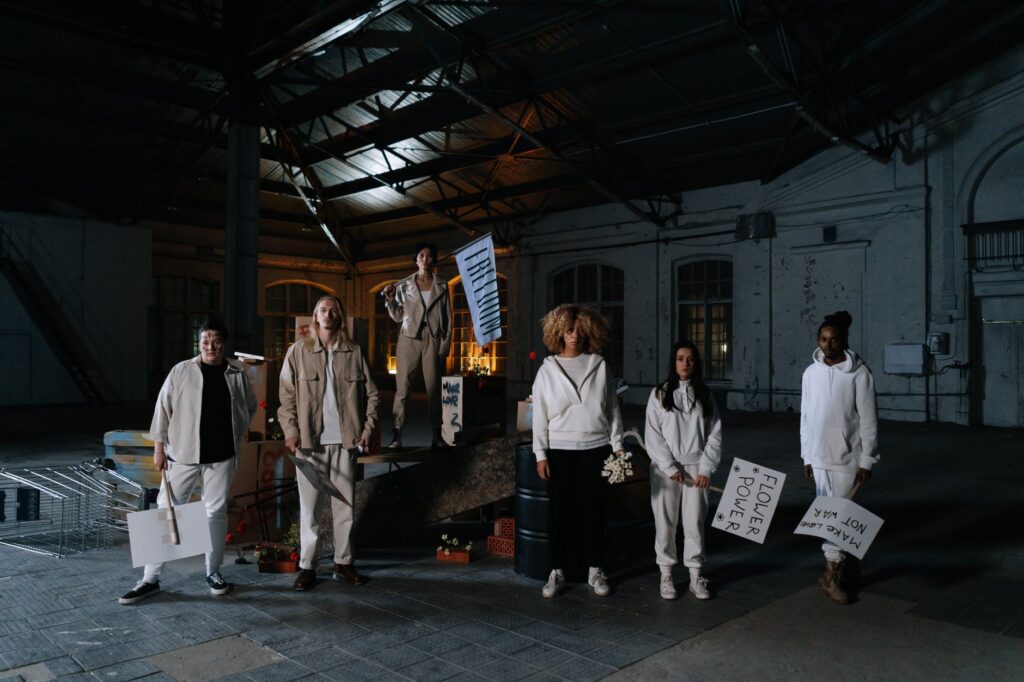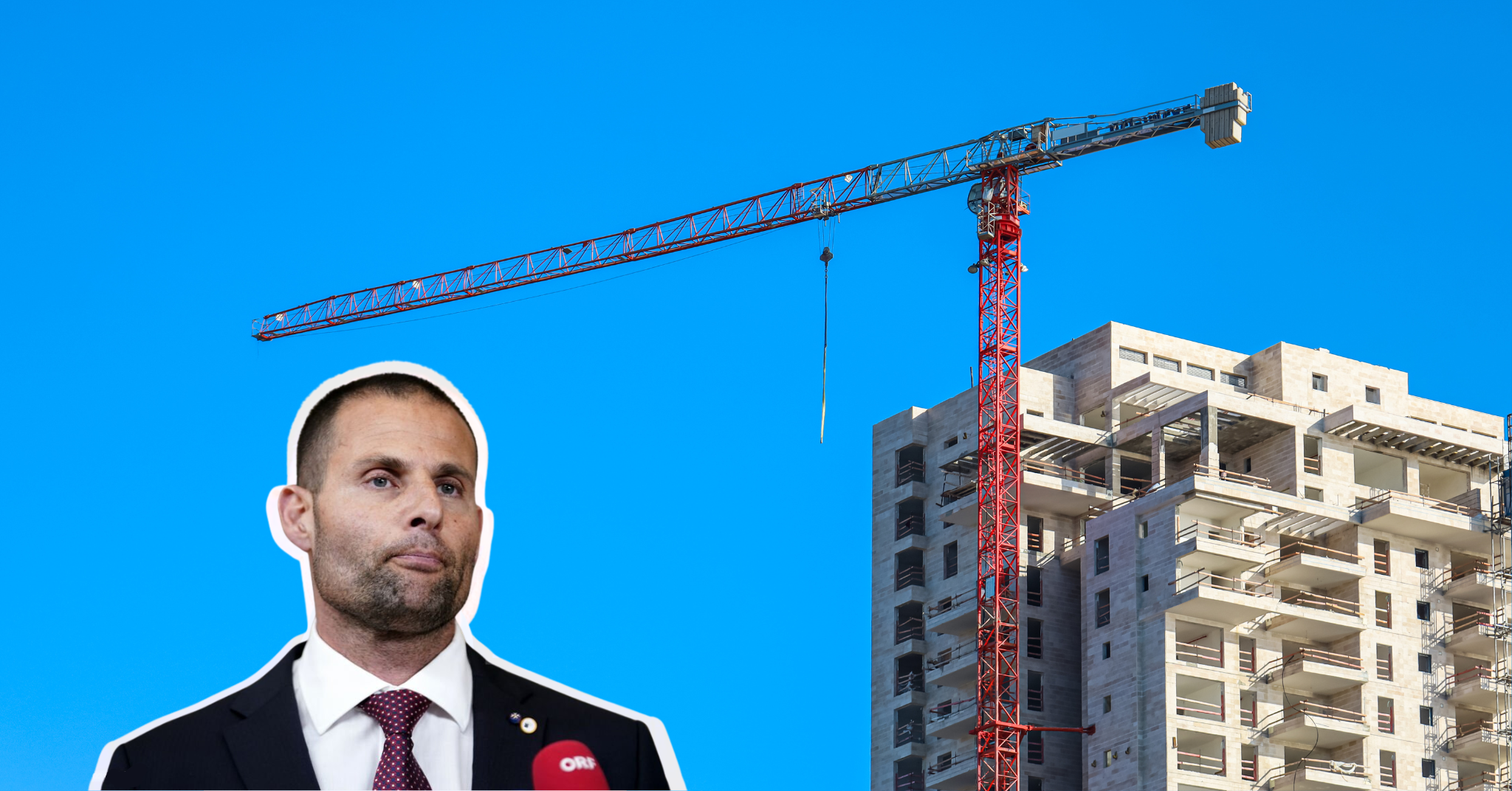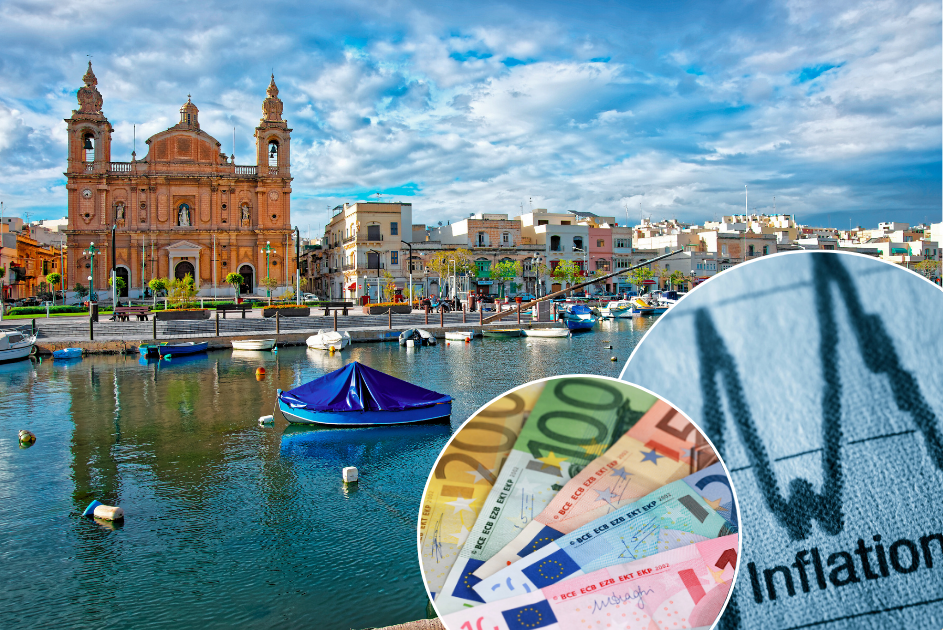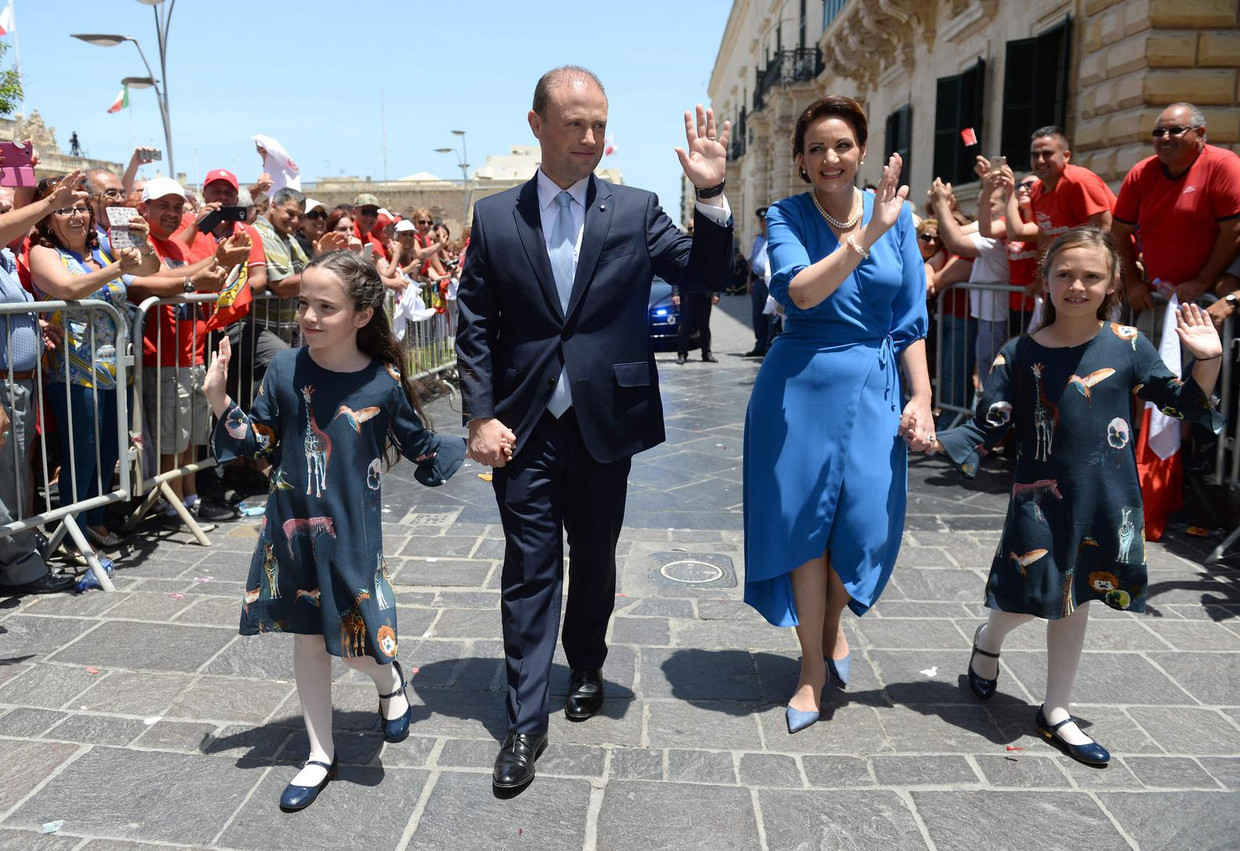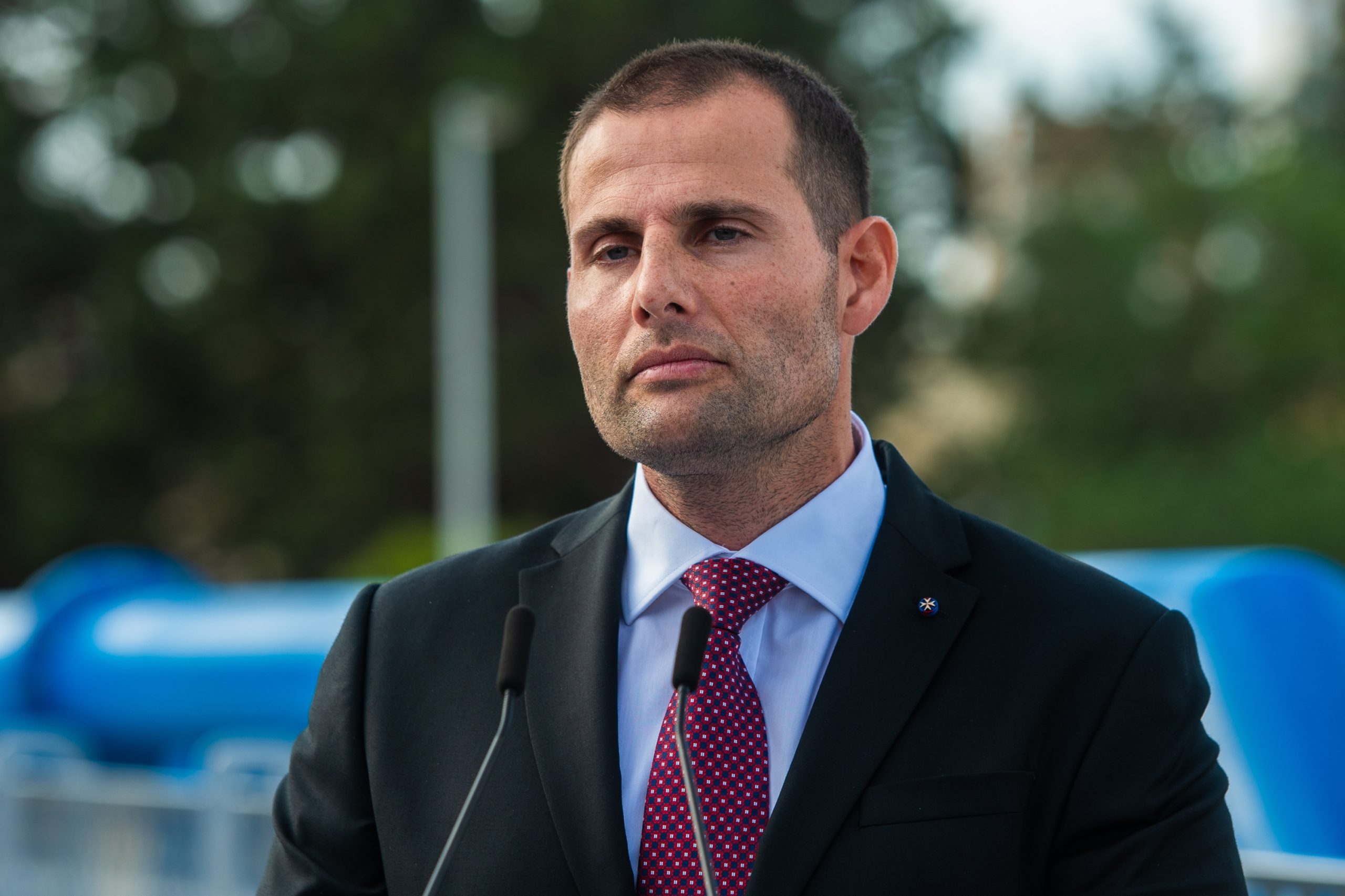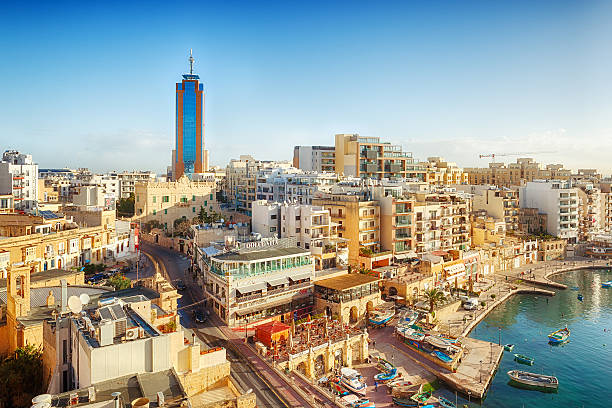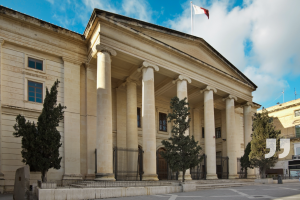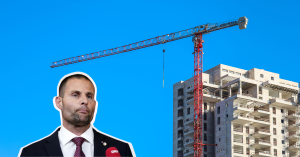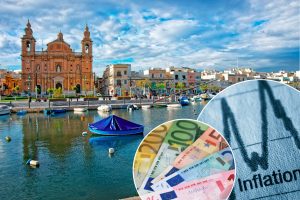Us Maltese like to complain. Complaints like “It’s too hot outside!”, “You are a terrible driver!” and even the occasional “The youth today talk so fast you can’t understand a word!” are as common as they come. We all have our opinions; we are all positive that we are on the right side. But what do we do when it really matters? When something bothers us so much it isn’t just annoying, but actually has an effect on our lives? That’s when the line is crossed, and half-hearted complaints become more than that.
The most common solution will be shouting our opinion as loud as we can, hoping that somewhere up there (and by that, I mean up in Parliament of course) will hear us. That action is called a “protest”.
Protests represent something greater than yourself; they signify putting your ideals and values somewhere public and saying, “join me if you agree, change things if you agree, do something so that I would know you care about my wellbeing”.
Malta Has had its fair share of protests over the years. As a small and new country, the authorities have had different trial and error periods in which a portion of the population felt neglected. Today, the general sentiment of the public is directly aimed towards the Maltese authorities.
“Corrupted” and “criminals” are part of the words you hear people throwing around whenever there is a talk about the authorities and decision-makers, regardless of the political side you are on. These protests, expressing that the authorities do not work to promote the well-being of the people, have grown in size over the years. Whether they are through social media or in the physical space.
Let’s take what’s happening in Valletta at the moment. According to the law loud music can be played around the city until the late hours of the night. The tourists and the Tourism Authority are the main ones to enjoy that, but what about the residents Who have been complaining for years, saying they have been let down by the system that is supposed to take care of them and instead prioritizes tourists. They protested: on social media, in the streets, and to public figures. What they managed was to start a conversation. You don’t have to live in Valletta to know this is going on, it’s on all the front pages and part of the parliament’s daily agenda.
People don’t usually protest as individuals, we are more likely to find a group of people that share our opinion because then we feel as if we have more power to make a difference. Looking at a group called “Moviment Graffitti”, who refer to themselves as a movement ‘much like the former prime minister Joseph Muscat when he re-built Labour Party’s image) whose primary goal is to fight the authorities on issues they see as being handled wrong. They don’t only go and yell their opinion, but they act. They didn’t agree with the deckchairs and umbrellas vendors on the beach, which should be a public and accessible space, so they made them disappear. Agree with them or don’t, it is something worth respecting.
This is what protests are all about. Finding what is important to you, and what are your values. If you feel as if they are being hurt or as if your well-being is being tossed aside due to political agendas, make yourself heard. Shout and yell and act until you are being heard (just make sure not to cross a line). And maybe you will be able to make a difference. That’s our main issue, that we feel there is no one we can trust but ourselves. That is why we protest, and why, unless something changes in the system soon, we are going to continue protesting for a long time.


